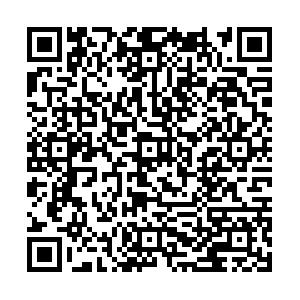排日账与19 世纪徽州乡村社会研究—— 兼谈明清社会史研究的方法与史料
摘要: 排日账是近年在徽州婺源发现的一种民间历史文献新文类,体裁介于日记与账簿之间,逐日记录记账者的日常行事与家庭收支。这种文献多出于近代婺源普通农户之手,记录了农家生活世界的不同侧面。对排日账记录的丰富的社会生活信息,可从两个相互关联的角度进行解读:其一,系统处理排日账的人际关系信息,重构记账者的人际网络及其变动。其二,针对某些排日账时间跨度较长的特点,对记账者所涉社会关系、社会秩序和社会群体及其变动进行中程分析。这种中程的人际网络研究路径,不仅可运用于19 世纪徽州乡村社会研究,还有助于从两个方面深化明清社会研究:一方面,人际网络研究路径有助于克服明清社会史学界强调中观社会群体研究带来的若干局限,从一个以个人或家庭为起点的新角度审视明清社会的秩序、运作及变动;另一方面,这种路径还为深入、系统挖掘日记、账簿、书信、契约文书等史料中的人际关系和社会过程信息提供了一个颇有裨益的工具。
Accounts of Everyday Activities and the Study of Rural Society in Nineteenth-Century Huizhou—— With Reference to Approaches and Sources in the Study of Social History in Ming and Qing Periods
Abstract: As a new genre of local historical document, pairizhang (“排日账”, account of everyday activities) was recently discovered in Wuyuan, Huizhou. The genre combines the traits of diary and account book and records everyday activities and family incomes and expenses on daily basis. Often kept by modern ordinary peasants, pairizhang provides rich information on many aspects of the keepers’ life world. The rich information on the social life recorded in the document may be explored from two interconnected perspectives. Firstly, by systematically examining the information on interpersonal connection, it becomes possible to reconstruct the interpersonal network of the keeper(s) and its change over time. Secondly, the relatively long time span of some pairizhang makes it possible to carry out mid-term analysis of interpersonal network, social order and social groups as well as their changes. The approach of mid-term analysis of interpersonal network may be not only applied to the study of rural society in nineteenth century Huizhou, it may also provide a fresh look at Ming and Qing society. On the one hand, the approach helps overcome several limitations created by privileging the study of the mid-level social groups in the field of Ming and Qing social history and provides a new, individual-oriented perspective to examine Ming and Qing Chinese society. On the other hand, it is also a useful tool to exploit fully and systematically the information on interpersonal network and social process as conveyed in other genres of local documents such as diaries, account books, letters, and contracts

 点击查看大图
点击查看大图


 下载:
下载:
 沪公网安备 31010102003103号
沪公网安备 31010102003103号